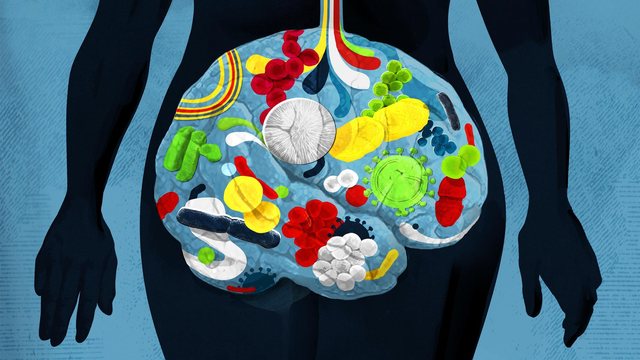
The intestines, more than a digestive system
In recent years, science has discovered something amazing: our gut is not only responsible for digesting food, but it plays a key role in emotional and mental health. The microbiome – the community of billions of bacteria that live in our digestive system – is increasingly being recognized as the human “second brain” due to its profound impact on mood, anxiety and overall well-being.
The connection between emotions and the microbiome
Numerous studies have shown that a healthy balance of bacteria in the gut can help reduce symptoms of depression and anxiety. The reason lies in the constant communication between the gut and the brain through the vagus nerve and neurotransmitters. When the microbiome is balanced, the body produces optimal levels of serotonin and dopamine – substances associated with happiness and emotional calm.
Personalized diets: the new global trend
This discovery has paved the way for a new trend in the health and nutrition industry: personalized microbiome diets. With advanced analysis, people can identify their body's specific needs and build a nutritional plan that improves the balance of beneficial bacteria. Fermented foods, plant fibers, and probiotics are becoming essential elements of a healthy lifestyle.
The future of smart nutrition
Experts believe that in the future, monitoring the microbiome will be a standard part of healthcare. From preventing mental disorders to improving physical and mental performance, gut microbes will be the key to sustainable well-being. With this new approach, food will no longer be seen simply as a source of energy, but as an intelligent tool to balance the body and mind.





